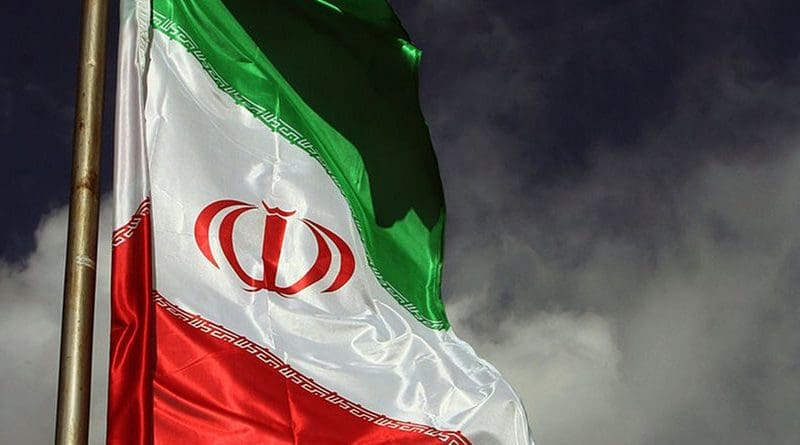Iran: The Story Of Ameneh And Culture Of Sacrifices In Recent Protests – OpEd
The Iranian authorities have acknowledged that the recent wave of uprisings included 29 of Iran’s 31 provinces and has resulted in heavy tolls for the regime. In FOX News reporter’s opinion, the regime has used excessive force to suppress the uprising. This could be translated as the weakening of this regime, “regime is scared”. A sharp and steep gas price hike was the reason many people exhibited their rage and dismay.
According to Jim Phillips, Heritage Foundation senior Middle East analyst states: “The regime had to act swiftly and harshly because it has lost most of its credibility amongst its own people and fighting back is its only way of survival.”
”The bottom line is that the regime is ready and wants to use force to suppress protests and unrest because it sees its survival at stake,” said analyst Alan Goldsmith of the Yuan. And yet the Iranians on the scene have vowed to continue their fight.
A protestor, named Parvin told UANI: “Our morale is high. What is most interesting to me is that the spirit of cooperation and assistance has increased significantly.”
A witness at the scene says:
Ameneh Shahbazi had come to nurse someone’s leg that was shot but security forces shot Ameneh in the back. She was only 34 years old and was killed in the city of Karaj. She was shot directly on 26 Aban.
”She had gone out of the house to get the medication, and she noticed the crowd. Close by, there was a man on the ground, shot and bleeding. She bends over to wrap her scarf around him to stop the bleeding. She was shot in the back of her head.”
Aminah was a housewife and she was the mother of A 15-year old boy named Amir Hosein, twelve-year-old Morsad and four-year-old Baran. Her husband was a motorcycle driver. According to the witness, Ameneh’s body was not delivered to the family. “ They found a relative in the morgue, who told them the body will be sent to Behesht Zahra cemetery. Upon Ameneh’s family to the cemetery, they were informed that the body was never brought there.
They were sent back to the morgue. They were told the body will have to go to forensics and will be buried after and her family will be notified.”
In the forensic, they had to attend information the session, being advised not to invite many people to the funeral and not being allowed to conduct any interviews.”
There is also a warning class in forensic medicine before the bodies are delivered: “They said no special persons should attend the ceremony. You are not allowed to interview anywhere. ”
Finally, on Tuesday, Ameneh’s body was delivered to her family. “At the time of delivery, the family was how much can they pay? The Security forces release the bodies to the deaths to their families at a cost of about 300 million tomans.”
According to this informed person, Ameneh’s family has recently been asked to go to the Intelligence office in the city of Malard. “ I am not sure what the reason might be, perhaps another session of intimidation and threats, they have been asked to go.”
Because of the Women’s active and leading role in recent uprisings, the Iranian regime seeks to impose a new phase of repression them unaware of the fact that suppression of the women will act as a noose on the regime’s body.
According to a protester’s observation in Fardis, Karaj, “The plainclothes were crowding with protesters, and as soon as the police entered the scene, several of them pulled out their weapons secretly started to shoot bullets to the chest and abdomen and back of the people, from a close range.”
This means that the probability of a bullet missing its target was zero. The injured were immediately transferred by another group, not the people. This person had witnessed two of his friends being shot, but after a few days, their families have been unable to find any trace of them in any hospital. Other people were also under the impression that the wounded were being taken away to hospitals by the people, but not so, they were apparently plainclothes security.”

